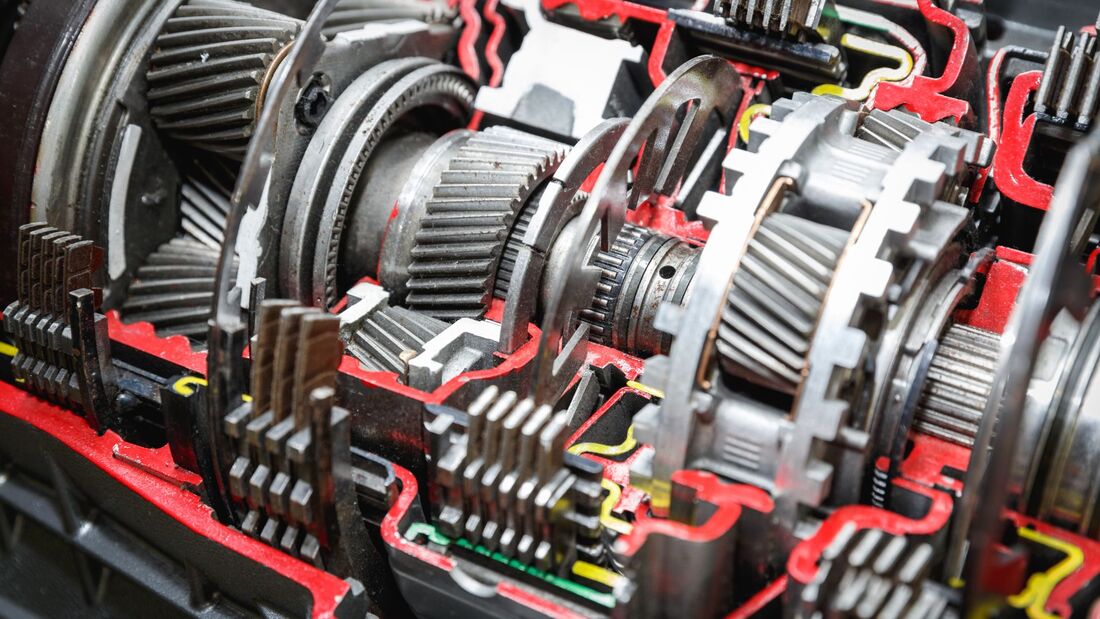Transmission Maintenance: How to Keep Your System Running SmoothlyProtecting the longevity of your transmission involves more than just keeping up with transmission maintenance—it requires understanding how your driving habits impact its performance. One aspect often overlooked for proper maintenance and performance is transmission cooling. Proper cooling is an essential step in preventing the overheating of your vehicle and maintaining optimal function. Transmission maintenance is crucial to your vehicle's longevity on the road and overall performance. You can safeguard your vehicle from potential issues by exploring practical tips to keep your transmission system maintained, cooled, and running smoothly. Mindful Shifting for a Smooth TransitionBeing mindful of how and when you shift gears can significantly contribute to the health of your transmission. Whether you have a manual or automatic transmission, practice smooth gear transitions to prevent excess strain. Shifting gears smoothly reduces the transmission strain and avoids unnecessary wear on its internal components. One key aspect of transmission maintenance is paying attention to reverse gear. Shifting into or out of reverse while your vehicle is still in motion can increase the wear on the transmission and lead to potential damage. To protect your transmission, always bring your vehicle to a complete stop before shifting into or out of reverse gear. Cooling Your Transmission in Hot Summer TemperaturesThe heat of summer can put excess strain on your vehicle's transmission and cooling system. Go easy on your vehicle in hot temperatures and remain up-to-date on cooling systems and transmission maintenance. If your vehicle is overdue for fresh coolant or a transmission fluid replacement service, you're at higher risk for heat-related problems. How to keep your transmission cool in the summer:
Gentle Driving in the City for Transmission HealthCity driving and stop-and-go traffic can significantly strain your transmission. To ensure the health and longevity of your vehicle, adopt gentle driving habits and minimize aggressive driving behaviors. When driving in stop-and-go traffic, maintain a consistent speed whenever possible. Constant acceleration and braking can cause unnecessary stress on the transmission, leading to accelerated wear and potential transmission issues over time. In addition to adopting gentle driving habits, be mindful of your vehicle's transmission strain during city driving. Avoid putting the transmission under unnecessary pressure using low gears when needed, especially when climbing steep hills or carrying heavy loads. Following this guideline will prevent excessive strain and potential damage to your transmission. Avoid Excessive Towing to Protect Your TransmissionSome drivers need to tow heavy loads. However, always exercise caution and stay within your vehicle's towing capacity to avoid potential damage to your transmission. Towing more than your car can handle puts excessive strain on the transmission, leading to transmission damage over time. To protect your vehicle's transmission, understand the towing capacity and never exceed it. Refer to your owner's manual or consult a trusted mechanic to determine the maximum weight your vehicle can safely tow. If towing heavy loads is unavoidable, schedule more frequent transmission maintenance services. By staying proactive with maintenance, you can ensure the reliability of your transmission despite the demands of towing heavy loads. Importance of Regular Transmission MaintenanceRegular transmission maintenance services are vital for keeping your transmission in optimal health. Transmission repair experts recommend replacing the transmission fluid every 60,000-100,000 miles. However, this is an estimated timeframe, and it will vary due to driving habits and the environment. Transmission fluid replacement helps maintain your transmission's performance and allows mechanics to inspect the system for potential problems. By addressing these issues early on, you can prevent more severe damage to your transmission and save money in the long run. Benefits of Transmission Maintenance
Transmission Fluid ReplacementDuring a transmission fluid replacement service, the old fluid is drained and replaced with new fluid that meets the manufacturer's specifications. This ensures the transmission operates smoothly, as the fluid plays a pivotal role in cooling and lubricating the inner systems. Transmission fluid replacement should be performed by only a qualified mechanic with experience working on transmissions to ensure the job is done correctly. Related: Should You Get a Transmission Flush or Fluid Change? Mechanic InspectionIn addition to fluid replacement, regular maintenance services allow mechanics to inspect the transmission for signs of wear, damage, or potential problems. A thorough transmission inspection can help identify issues before they escalate and become more severe, saving you from costly repairs. By prioritizing regular transmission maintenance, you can ensure your transmission performs optimally, prolong its lifespan, and avoid unnecessary expenses. Consult a trusted mechanic specializing in transmissions to schedule regular maintenance services tailored to your vehicle's needs. Keep It Cool: Call Best Western Transmission for Transmission MaintenanceSince 1975, the transmission experts at Best Western Transmission have been keeping Colorado Springs vehicles safely on the road. From transmission rebuilds and flushes to protecting your vehicle during winter weather, no one is better suited for vehicle maintenance in Colorado Springs.
When you need to keep your vehicle up and running, you need Best Western Transmission. Contact us today to schedule your transmission check-up.
0 Comments
Leave a Reply. |
©
Best Western Transmission
Terms of Use | Privacy Policy | Accessibility
Terms of Use | Privacy Policy | Accessibility


 RSS Feed
RSS Feed








